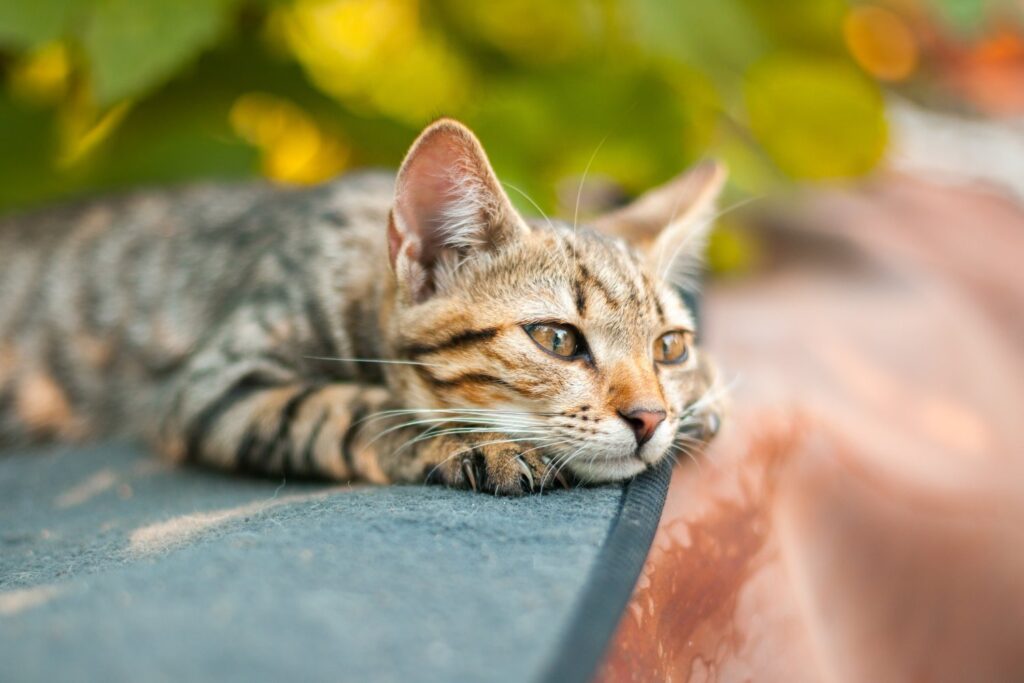A recent study casts the latest doubt on the idea that cats are ruthless masters of their territories. Based on interviews with hundreds of cat owners, scientists have found evidence that cats often become sad after losing another pet in the home, even a dog.
Humans are not the only animals to mourn their dead. Dolphins, elephants, and other highly social creatures have been observed showing signs of grief, such as orca mothers holding the bodies of their recently deceased children. Research in recent years has also shown that dogs show a great deal of sadness when a human or other pet dies. But the scientific community has paid relatively little attention to cats and their ability to mourn. Scientists at the University of Michigan in Oakland tried to solve this problem.
Their new study was published last month in the journal applied animal behavior science, the team surveyed more than 400 cat owners who had lost another pet. Owners were asked about short- and long-term behavioral changes in their surviving cats following loss.
Related article: Do dogs think about the past?
Overall, the team found that cats may experience similar behavioral changes to those seen in studies of dog sadness. Cats may eat less or sleep less, seek more or less human attention, and even “seem to search for lost companions,” the researchers wrote. The longer cats live with their lost partner, or the more positive their relationship is, the more signs of grief they seem to show. About two-thirds of cats live with other cats, but one-third live with dogs.
The findings are based on subjective reports from cat owners. The researchers did find that owners who spent more time with their cats or experienced greater grief over their pet’s death were more likely to see grief in their cats. This means that people are at risk of simply blaming their losses on the surviving cats, rather than seeing genuine sadness in them. According to scientists, this is only the second study ever to examine whether cats mourn other pets in the home. So at the very least, more research should be done to confirm the phenomenon of feline grief.
“Future work is needed to determine whether these results reflect caregivers projecting their own grief onto their surviving animal companions, or whether cats also experience grief following the loss of a companion,” the researchers wrote.
However, given that other research suggests that cats are not as heartless as they are often portrayed, we can reasonably expect that they can and do miss the animals that have passed through their lives.

